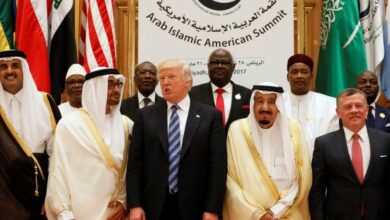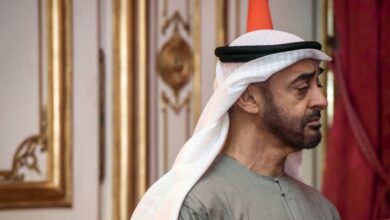Five Reasons Why the UAE Is Fixated on Sudan

Introduction The United Arab Emirates has become deeply embedded in Sudan’s civil war—not as a distant observer but as an active player. From gold and ports to proxy warfare and agriculture, Sudan is the centerpiece of Abu Dhabi’s ambitions in Africa. Below, we examine five key reasons behind the UAE’s escalating involvement in Sudan.
- Sudanese Gold Fuels the RSF — and the UAE Gold is Sudan’s most valuable resource, particularly after losing 75% of oil reserves in 2011. Nearly all of Sudan’s gold exports are funneled through the UAE. Officially, the UAE imported $2.29 billion in 2022, but analysts estimate up to $13.4 billion is smuggled annually.
Key firms like Emiral Resources—a UAE-Russian joint venture—operate major mines, allegedly with RSF protection. In 2023, the RSF seized the national gold refinery in Khartoum, cementing control over a critical financial lifeline. The gold trade underwrites weapons purchases and prolongs the conflict.
- Breadbasket of the Gulf Sudan’s fertile land supports the UAE’s food security strategy. The UAE imports 90% of its food, and Sudan is central to this supply chain. Emirati giants like IHC and Jenaan cultivate tens of thousands of hectares, focusing on animal feed and staple crops.
Shortly before war erupted, IHC inked a deal for 162,000 more hectares. But earlier land grabs were resisted by Sudan’s transitional government. That opposition likely fueled Abu Dhabi’s growing preference for RSF over civilian authorities.
- Strategic Ports and the Red Sea Sudan’s 700 km Red Sea coastline is a geopolitical prize. In 2022, the UAE signed a $6 billion deal to build a deep-sea port at Abu Amama and a free trade zone. The development includes a highway linking the port to Emirati-backed farms.
This mirrors UAE tactics in Djibouti, Somalia, and Eritrea—gaining long-term control over key trade arteries through infrastructure projects and militarized logistics.
- Banking as a Weapon During US sanctions, Emirati banks were Sudan’s only international financial lifeline. Today, UAE-backed institutions dominate Sudan’s banking, including the RSF-linked Al Khaleej Bank and Bank of Khartoum (majority owned by Dubai Islamic Bank).
These institutions allow Emirati elites and Sudanese warlords to move wealth and launder gold revenues. The Dagalo family, which leads the RSF, holds accounts in Abu Dhabi to fund their operations.
- A Gulf Proxy War The Sudan conflict has become a battleground for Gulf rivals. Saudi Arabia supports the Sudanese army. The UAE backs the RSF. The war reflects rising Emirati assertiveness in Africa, often at odds with Saudi interests.
Emirati strategy favors supporting non-state actors to access resources and territory. In Sudan, this has created a proxy war in which both civilians and the state are collateral damage.
Conclusion From controlling gold and ports to dominating agriculture and banking, the UAE is deeply invested in Sudan’s future—but not for humanitarian reasons. It seeks influence, extraction, and regional leverage. As long as the Gulf proxy war rages, Sudan’s suffering will continue.




